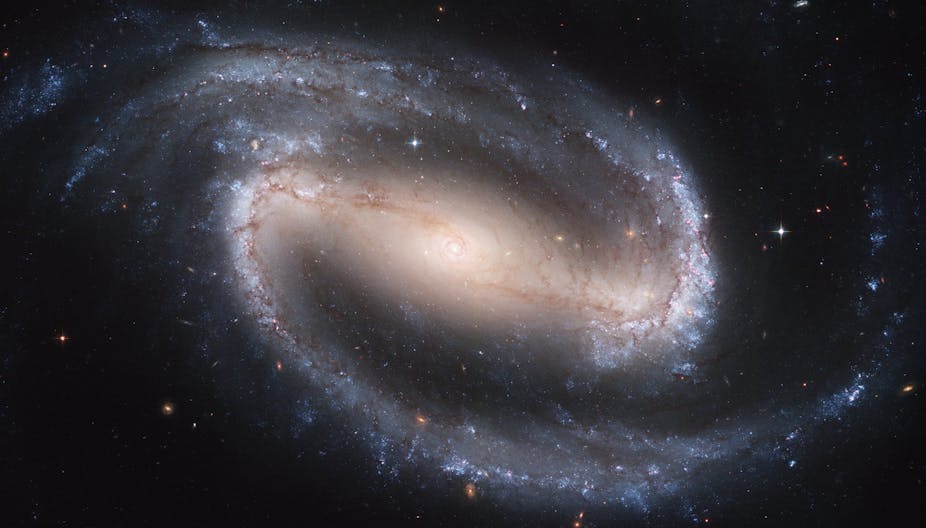Science isn’t just for scientists. It’s not just a training for careers. Today’s young people – all of them – will live in a world, ever more dependent on technology, and ever more vulnerable to its failures or misdirection. To be at ease in this fast-changing world, and to be effective citizens, they will all need at least some “feel” for science – enough to prevent them being bamboozled by propaganda and bad statistics, or over-deferential to experts.
Society already confronts difficult questions like: Who should access the “readout” of our personal genetic code? How will lengthening life-spans affect society? Should we build nuclear power stations - or wind farms - to keep the lights on? Should we plant GM crops? Should the law allow “designer babies” or cognition enhancing drugs?
Such questions matter to us all: they involve science, but they involve economics, politics and ethics as well – areas where scientists speak as citizens without special expertise. But democratic debates won’t rise beyond Daily Mail slogans unless everyone has a feel for basic science, and for risk and uncertainty. As we know, many people don’t have this “feel”. Some can’t tell a bison from a boson. That’s a situation that we scientists routinely bemoan. But ignorance isn’t peculiar to science. It’s equally sad if citizens don’t know their nation’s history, can’t speak a second language, and can’t find North Korea or Syria on a map - and many can’t. This is an indictment of our education and culture in general – I don’t think scientists have a special reason to moan. Indeed, I’m gratified and surprised that so many people are interested in dinosaurs, the Hubble Telescope, the Higgs Boson - all blazingly irrelevant to our day-to-day lives.
And this leads to another reason why science education is important. Scientific insights should be valued for their own sake.
In the 19th century, festivals spread the ideas of Darwin and the geologists to a broad and “curious” public. Today, it’s a real intellectual deprivation not to understand our natural environment and the principles that govern the biosphere and climate. And to be blind to the marvellous vision offered by Darwinism and by modern cosmology - the chain of emergent complexity leading from a “big bang” to stars, planets, biospheres and human brains able to ponder the wonder and the mystery of it all.
These concepts are part of human culture. More than that, science is the one culture that’s truly global – protons, proteins and Pythagoras’s theorem are the same from China to Peru. It should transcend all barriers of nationality. (And, by the way, it should straddle all faiths too. The scientists who attack mainstream religion, rather than striving for peaceful coexistence with it, damage science, and also weaken the fight against fundamentalism – but that’s a theme for another talk. But it reminds me that one of the speakers at an earlier science festival was Lord Habgood, then the Archbishop of York and a one-time researcher in physiology. His talk was reported under the inspired headline: “Monkeys may have souls, says primate”).
It’s important that everyone realises how much scientists still don’t know – how patchy our current understanding is. And that commonplace phenomena are often the most perplexing. It may seem odd that astronomers can speak confidently about galaxies billions of light years away, whereas the gurus who pronounce on everyday matters like diet and childcare, change their advice from year to year. But it isn’t really so odd. What makes things hard to understand isn’t how big they are, it’s how complex they are. It’s harder to forecast the weather than to predict eclipses. An insect, with its layer upon layer of intricate structure, is far more complex than a star. Human beings and their interactions are far more complex still.
This is an excerpt from a speech to be given at the British Science Festival in Newcastle on September 12.

